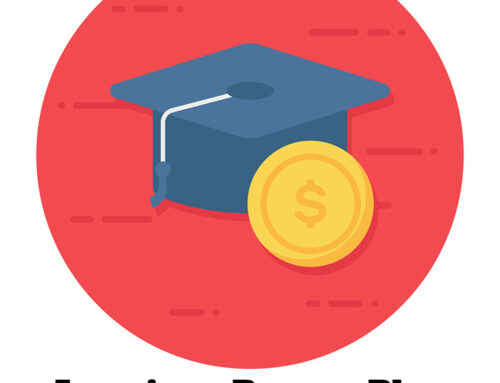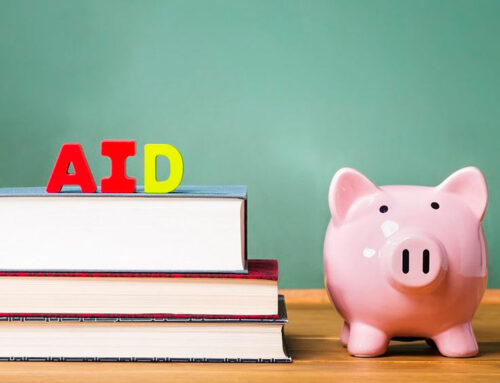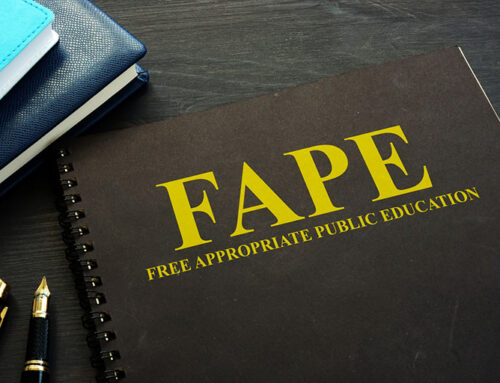Review the latest information related to the Coronavirus disease 2019 (COVID-19) pandemic. Our special education attorneys and advocates can help you and your child prepare for the return to school.
U.S. Department of Education (DOE)
- DeVos announced that more than $13.2 billion is available for state and local education agencies to support continued learning for K-12 students whose educations have been impacted by COVID-19. The funding was allocated by the Coronavirus Aid, Relief, and Economic Security (CARES) Act and is referred to as the Elementary and Secondary School Education Relief (ESSER) Fund. Leaders will have the ability to use ESSER funds for immediate needs, such as tools and resources for distance education, and implementing plans for next school year.
- DeVos stated that “now is the time to truly rethink education and to get creative about how we meet each student’s unique needs.”
- Local leaders can use their ESSER funds how they see fit as long as they still comply with federal education laws.
- DeVos decided not to recommend that Congress pass any additional waivers to the Free Appropriate Public Education (FAPE) and Least Restrictive Environment (LRE) requirements of the Individuals with Disabilities Act (IDEA). DeVos feels there is no reason access to FAPE cannot continue online or through alternative strategies. Learning must continue, including for students with disabilities.
- The DOE is requesting that Congress consider additional flexibility on administrative requirements under the Perkins Act, the Rehabilitation Act of 1973, and IDEA—although this does not include waivers to the essential aspects of IDEA. These additional flexibilities would address things such as certain requirements of IDEA personnel preparation grants, keeping funds related to the Perkins Act that were not used during the COVID-19 emergency, and allowing funds to help replace food products at vending sites that closed due to COVID-19.
Virginia Department of Education
May 1 Press Release
The Superintendent of Public Instruction announced that Virginia public schools will receive $238.6 million in funding under the CARES Act. Ninety percent of the funding will pass directly to the school divisions, and the other 10 percent will be reserved for statewide efforts to expand distance learning by increasing access to technology and developing resources.
Alexandria City Public Schools (ACPS)
April 27 COVID Closure Daily Update
The Superintendent of Schools shared that they are making a tutoring resource available for free to ACPS students. Tutor.com allows students to connect one-on-one with tutors any time for any of their schoolwork or learning activities.)
Fairfax County Public Schools (FCPS)
If a parent doesn’t want to sign the Temporary Learning Plan (TLP):
“The Virginia Department of Education advised school divisions to develop a plan that meets its own individual needs during the time of the emergency school closure. Like other large school divisions in Virginia, FCPS developed the temporary learning plan model to identify what goals, accommodations and services could be provided to students during this time of closure. The TLP is not an IEP and it is not a waiver of rights under IDEA. Your child’s IEP will be implemented when we resume school. A parent may elect to not provide a signature on the TLP. If you do not sign the TLP, school staff will collaborate with you to resolve your concern. This may include having an administrator, department chair/ lead teacher, and or procedural support liaison (PSL) participate in the conversation. If necessary, an IEP meeting with relevant members of the team can be scheduled. If you choose not to sign the TLP, the outlined service(s) will still be offered and will be delivered, unless you choose to opt out of instruction.”
Loudoun County Public Schools
- A Special Education Advisory Committee (SEAC) meeting will be held on May 6, 2020 from 6–7:15 p.m. ET.
Stafford County Public Schools (SCPS)
- SCPS has created a Return to School Recovery Taskforce, which will help them prepare to reopen schools. It is made up of teachers, administrators, staff, parents, and community members. They will be looking at short-term, mid-range, and long-term planning for the 2020-2021 school year. One of the things they are planning is for summer learning in two- to three-week sessions starting in June.
We Want to Hear from You
If you know of anything going on in your school district, please share it with us. The more information we can share with each other, the better we can develop our knowledge base, plans, and strategies. We appreciate your input. As always, please reach out to us if you have any questions, concerns, or updates.



